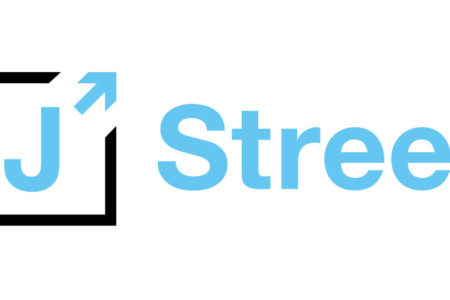The Emergents Are Emerging
The emergent/emerging movement is barely over a decade old (depending on when one marks its birth), and already it has splintered and morphed in many directions. As a result, it is often difficult to determine exactly what is being talked about when discussing the subject.
Recently the Emergent Village, the most visible emergent organization, eliminated its national coordinator position, indicating either a “decentralizing or disintegrating” of the movement, according to Christianity Today.1 Yet, rather than disappearing, it seems to have branched out and, in many ways, has simply gone mainstream. Much as we seldom hear the term New Age Movement because it has become a settled ideology that has latched onto more mainstream forms of spirituality, so, too, the emergent/emerging movement has infiltrated evangelical circles and is hardly recognizable anymore.
To give you some idea of what has happened, we turn to Mark Driscoll, pastor of Mars Hill Church in Seattle, Washington, and self-described emerging church leader. Driscoll was one of the original shapers of what would become emergent/emerging, which makes him a reliable resource to explain what is taking place.
As he sees it, there are now four expressions of the emergent/emerging church within Christianity (more may be on the way). First are emerging evangelicals who believe in basic Christian doctrine, such as the Bible being God’s Word and Jesus dying for our sins. Pastors such as Dan Kimball would represent this first wing and would at least cling to certain doctrinal positions, such as the three ancient ecumenical creeds, but would not want to drift much beyond them.
Next in line would be those involved in house churches. These resist creating large churches and instead form little communities in smaller settings like coffee shops or on the Internet. Perhaps George Barna, with his promotion of the “Revolution,” would be a good representative of this branch. (See Barna’s book by this name.)
Mark Driscoll sees himself and his church as a third splinter of the movement. He calls his group emerging reformers who believe in all of the evangelical distinctives and embrace Reformed theological traditions. Emerging reformers also try to find ways to make the church relevant, accessible, and culturally connected. Many of these tend to embrace charismatic gifts and modern prophecies (that is, they believe prophecies are still being given today, as well as the sign gifts).
In the fourth lane is a group of emergent liberals whom Driscoll feels have “totally gotten off the highway and [are] lost out in the woods.” This branch is best represented by Brian McLaren, Rob Bell, Tony Jones, and Doug Pagitt. They reject or question even the most cardinal of doctrines, such as the atonement, deity of Christ, inspiration of Scripture, and the Second Coming of Christ.2 Today when we speak of emergent, it is this group we are referencing.
It’s easy to see how fragmented and complicated the emergent/emerging conversation has become. As with most movements, it has changed as it has matured; and it is becoming increasingly difficult to define. Many are distancing themselves from the emergent label itself since it has become somewhat pejorative. What all lanes of emergent/emerging have in common is the desire to be relevant to the postmodern culture. Some have sacrificed the faith in this effort; others are more biblically sound. And it’s up to Christians to be discerning so they can tell which is which.
ENDNOTES
- Brandon O’Brien, “Emergent’s Divergence,” Christianity Today, December 18, 2008 <ctlibrary.com/ct/2009/january/ 6.13.html>.
- Lillian Kwon, “Mars Hill Pastor Ditches ‘Emerging’ Label for Jesus,” The Christian Post, February 27, 2008 <christianpost. com/article/20080227/mars-hill-pastor-ditches-emerging-label-for-jesus.htm>.






